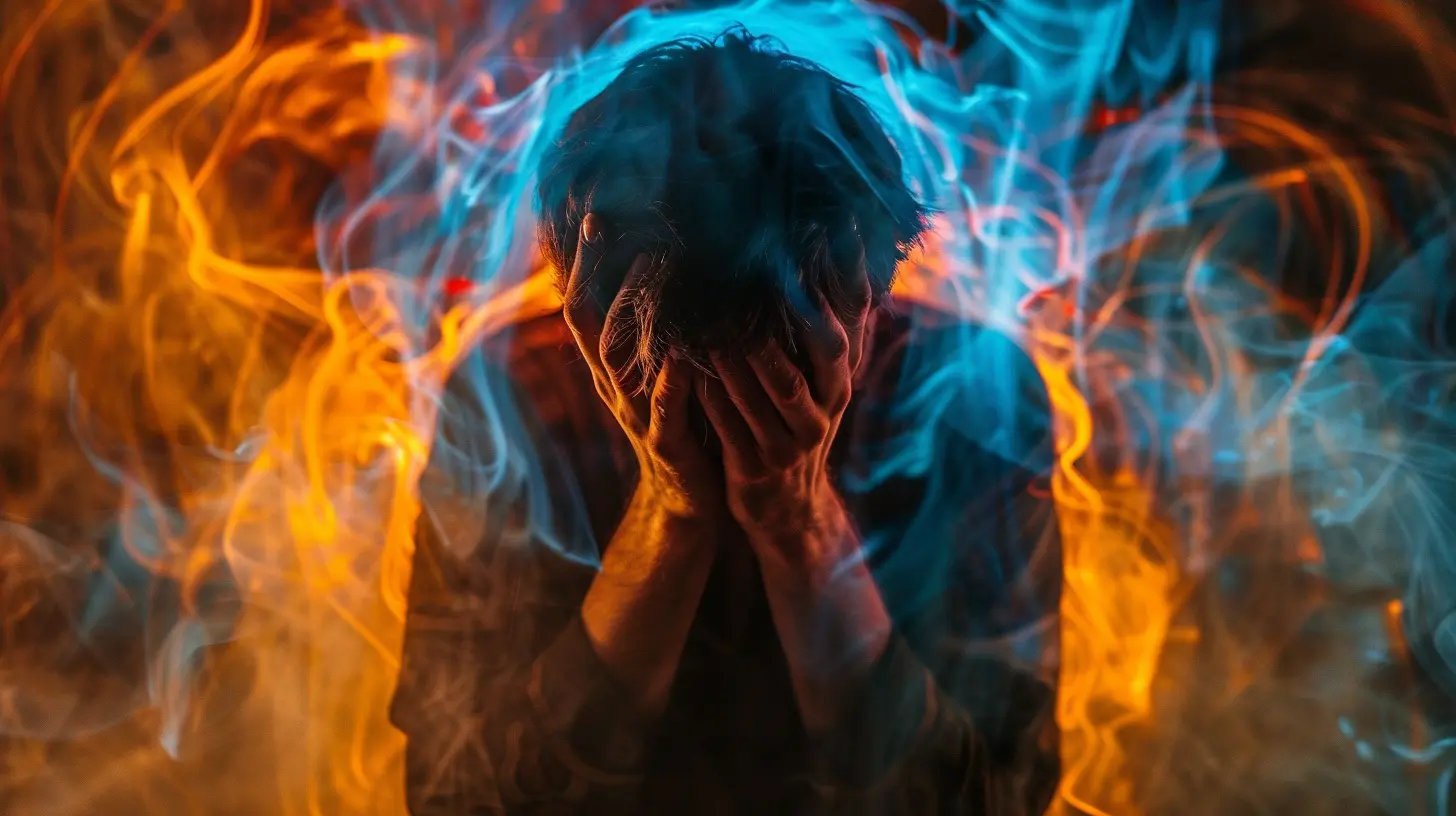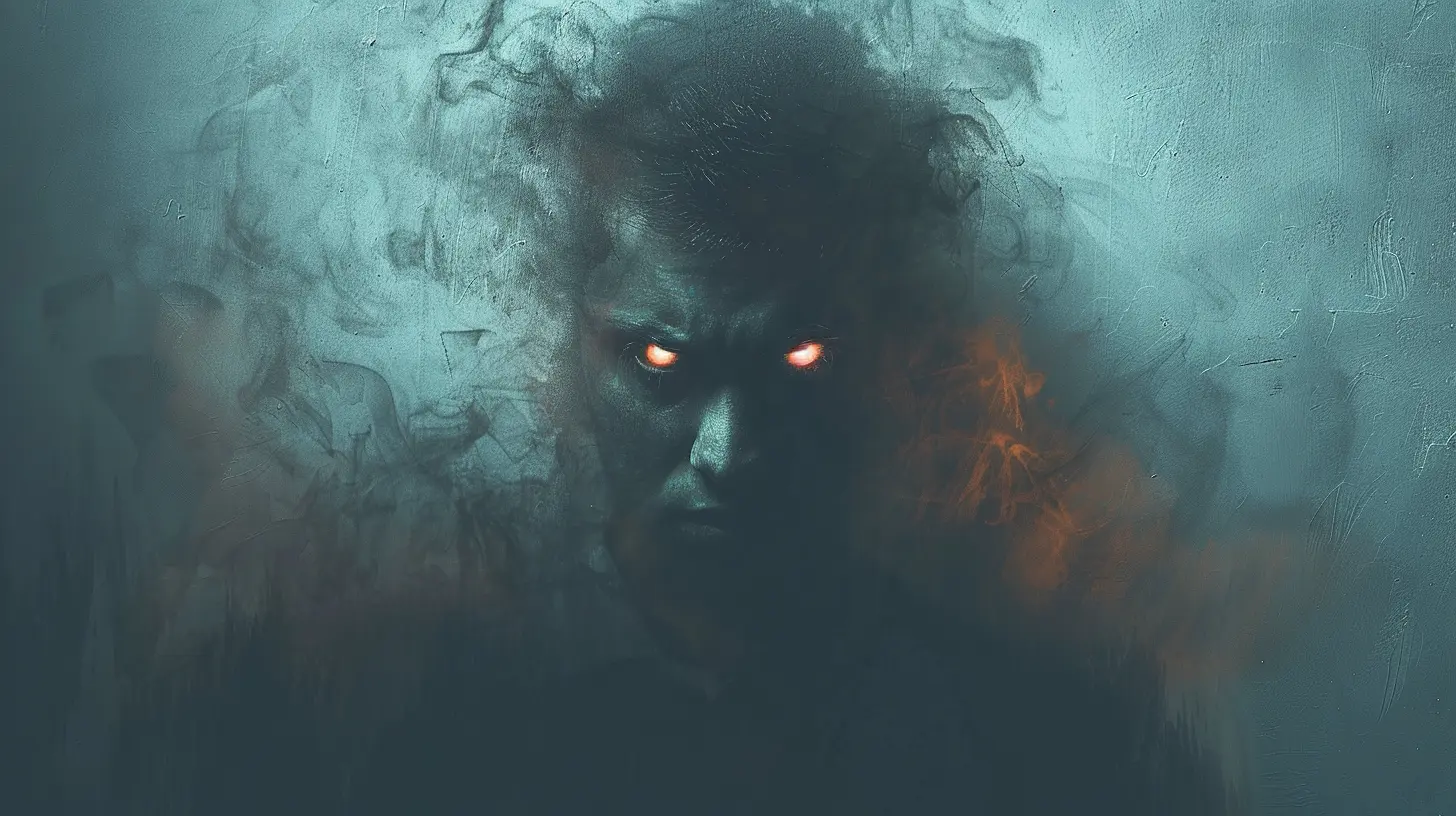12 April 2025
Have you ever felt paralyzed by the thought of being judged? Maybe your heart races at the idea of speaking up in a meeting, or you avoid social gatherings because the fear of scrutiny is overwhelming. If this sounds familiar, you're not alone. Social phobia, also known as social anxiety disorder, affects millions of people around the world.
This isn't just about being shy—it's a deeply rooted fear that can interfere with daily life, relationships, and even career growth. But what exactly causes this fear? And more importantly, how can it be managed? Let’s dive in. 
What Is Social Phobia?
Social phobia, or social anxiety disorder, is an intense fear of social situations where a person might be judged or embarrassed. It’s more than just feeling nervous before a big presentation or a first date. Imagine experiencing extreme fear every time you have to interact with others, to the point where avoiding people seems like the only option.People with social phobia often worry about being humiliated, making mistakes, or coming across as awkward. The fear can be so intense that it interferes with work, school, and personal relationships.
Common Signs and Symptoms
So, how do you know if what you're feeling is normal nervousness or something more severe? Here are some common signs:- Intense fear of being judged in social situations
- Avoiding social interactions to escape embarrassment
- Physical symptoms like sweating, shaking, or a racing heart
- Difficulty making eye contact or speaking in groups
- Overthinking past conversations, replaying them in your mind
- Fear of public speaking, even in casual settings
If these signs feel all too familiar, it might be time to take a closer look at social anxiety. 
What Causes Social Phobia?
There isn’t a single cause of social phobia. It’s usually a mix of genetic, environmental, and psychological factors. Let’s break it down:1. Genetics: Is It Inherited?
If social anxiety runs in your family, you might be more likely to develop it too. While there’s no "anxiety gene," studies suggest certain traits can be passed down, making some people more prone to social fear.2. Brain Chemistry & Function
Ever heard of the amygdala? It’s a part of the brain responsible for processing fear. In people with social anxiety, the amygdala tends to overreact, making social interactions feel like high-stakes situations. This heightened response can lead to physical symptoms like sweating, blushing, or stammering.3. Life Experiences & Upbringing
Negative experiences from childhood—like bullying, overly critical parenting, or embarrassing situations—can shape how we perceive social interactions. If you were frequently ridiculed or made to feel self-conscious, it’s no surprise that social situations might feel overwhelming as an adult.4. Personality Traits
Some people are naturally more introverted or sensitive to criticism. If you’re highly self-conscious or tend to overanalyze social cues, you may be more susceptible to social anxiety.
The Vicious Cycle of Social Anxiety
One of the biggest challenges with social phobia is the cycle it creates. Here’s how it works:1. Anticipation: You start worrying about an upcoming social event, imagining all the ways you might embarrass yourself.
2. Avoidance: To escape the anxiety, you skip the event altogether, which provides immediate relief.
3. Reinforcement: Since avoiding the situation prevented embarrassment, the brain sees avoidance as a solution, making it harder to face similar encounters in the future.
4. Increased Fear: Over time, avoidance strengthens the fear, making social situations feel even more terrifying.
Breaking this cycle requires gradual exposure and small steps toward overcoming the fear. 
Overcoming Social Phobia: Practical Strategies
If social phobia is holding you back, know that there are ways to manage and even overcome it. Here are some effective techniques:1. Challenge Negative Thoughts
Social anxiety often comes from distorted thinking. You might assume people are judging you harshly, but in reality, most people are too focused on themselves to analyze your every move. Start questioning these thoughts:- "What’s the worst that could happen?"
- "Would I judge someone else for doing the same thing?"
- "Is this fear based on facts or just assumptions?"
2. Gradual Exposure Therapy
Avoiding social situations only makes anxiety worse. Instead, try gradually exposing yourself to uncomfortable scenarios. Start small—ordering food at a café, making small talk with a coworker, or asking a stranger for directions. The more you face your fear, the less power it has over you.3. Practice Deep Breathing & Relaxation Techniques
When anxiety kicks in, your body goes into "fight or flight" mode. Deep breathing can help calm your nervous system. Try the 4-7-8 breathing technique: inhale for four seconds, hold for seven, and exhale for eight.4. Shift Focus Away from Yourself
People with social anxiety tend to be hyper-aware of themselves. Instead of worrying about how you appear, focus on the conversation at hand. Ask questions, listen actively, and remind yourself that everyone makes mistakes—it’s part of being human.5. Build a Support System
Having people who understand and support you can make a big difference. Whether it’s a trusted friend, family member, or support group, sharing your experiences can help ease feelings of isolation.6. Seek Professional Help
Sometimes, overcoming social phobia requires professional guidance. Therapy, particularly Cognitive Behavioral Therapy (CBT), has been shown to be highly effective. It helps rewire negative thought patterns and build confidence in social settings. In some cases, medication may also be an option, especially if anxiety is severely impacting daily life.Embracing Progress Over Perfection
Overcoming social phobia doesn’t happen overnight. It’s a journey—one that requires patience, practice, and self-compassion. The key is to take small steps in the right direction. Celebrate little victories, whether it’s making eye contact with a stranger or speaking up in a group discussion.Remember, social anxiety doesn’t define you. You are more than your fears, and with time and effort, you can regain control.
So, next time you feel the fear creeping in, remind yourself: you are enough, just as you are.
Final Thoughts
Social phobia can feel like an invisible wall separating you from the world. But that wall isn’t impenetrable. Little by little, with the right tools and support, you can break free from the fear of judgment and embrace social connections with confidence.If you or someone you know is struggling with social anxiety, remember—help is available, and healing is possible. Be kind to yourself, take one step at a time, and trust that progress, no matter how small, is still progress.




Velma McNeal
This article beautifully captures the struggle of social phobia. It’s a reminder that many of us feel that pressure to be perfect. Here’s to embracing our imperfections and finding connection in shared experiences!
April 16, 2025 at 3:28 PM